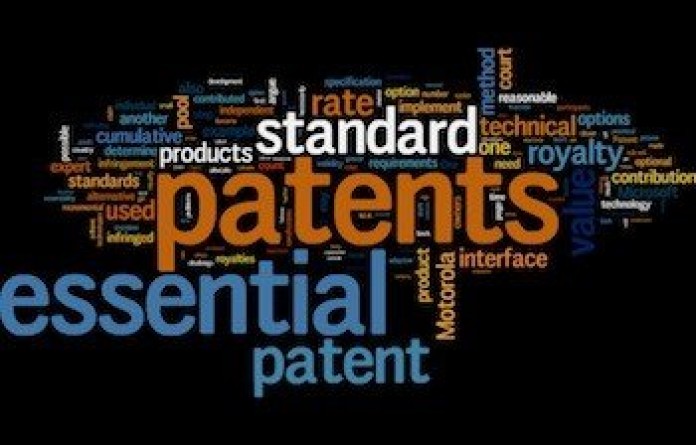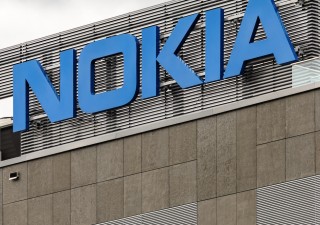Landmark Judgment: India’s First Judgment on Standard Essential Patents
23 August 2018

The long wait for players in the technology industry (be it telecom, audio-visual technology, etc.) is finally over, with the Delhi High Court delivering India’s first ever judgment on standard essential patents.
One common judgment has been delivered in two suits against different entities, which claimed infringement of the same patent held by Philips over its DVD-ROM players (Koninklije Philips N.V. & Anr. v. Rajesh Bansal, CS (COMM) 24 of 2016 and Koninklije Philips N.V. & Anr. v. Bhagirathi Electronics, CS (COMM) 436 of 2017).
Philips, represented by Anand and Anand right from the institution of the first suit in 2009, claimed that its patents were essential to the DVD-ROM standards. Therefore, it claimed that the defendants’ sale of DVD players was infringing their patent rights, since any DVD player necessarily used Philips’ patented (and standard-essential) technology.
Refusal to secure licenses for the DVD technology despite repeated requests by Philips resulted in initiation of lawsuits before the Delhi High Court. What made these cases unique and intriguing was that SEP (standard essential patent) jurisprudence was in its developing stages in even the most advanced patent regimes in the world.
Although the judgment requires a careful reading to understand India’s position on SEPs in general, brief highlights are below:
Patent Validity
Patent validity was challenged by the defendants on grounds of the claims being software and algorithm-related. Therefore, a Section 3 (k) argument was taken up during trial and final arguments. However, this aspect was never pleaded in the written statement by the defendants. They had also given up the issue of invalidity before the court itself on a previous occasion. Therefore, the patents were held to be valid by the Delhi High Court.
Essentiality
Philips’ patents in India found corresponding patents in the US and EP. During trial, the defendants’ witness had admitted that the claims of the Indian patents matched those in US and EP. This was also established by the court through an independent analysis.
Philips had filed reports which proved that the US and EP patents were found to be essential to the given DVD standards. The defendants had not raised objections to these reports. In view of essentiality reports and corresponding claims of patents, the court held that Philips proved that the patent in India is also an essential patent, and that the defendants led no evidence to rebut the claim.
Infringement
The court held that infringement of the patent was established through two means, (a) through an independent claims v. product analysis, and (b) the mere fact that the defendants had used a standard essential patent, without authorization, proved infringement.
In upholding infringement, the court dismissed the defendants’ defence that Philips’ claim was barred by the doctrine of exhaustion. The court held that the defendants were unable to discharge the onus of establishing that the defendants had procured products which were licensed by Philips.
The court’s distinction between the concepts of authorized vendor and exclusive licensee makes for an interesting read, and may pave the way for adjudication of this issue in similar disputes.
Abuse of Dominance
The court held that an abuse of dominance claim, as raised by the defendants, is not a cause that can be made subject matter of a suit or proceeding before a civil court. Therefore, this defence was also dismissed.
Applicable License Fee
The court held that Philips had offered licenses for its SEP to the defendants on FRAND rates. The failure of the defendants’ to prove that these rates were not FRAND-compliant led to fixing of royalty rates along the lines proposed by Philips.
Therefore, the court ordered that the defendants pay royalties of US$3.175 from the date of institution of the suits until May 27, 2010, and thereafter pay a further royalty at the rate of US$1.90 until February 2015. Royalty rates are further subject to interest of 10 percent per annum.
In order to determine the quantum of money payable by the defendants, the court has ordered for a court commissioner to assess the exact quantity of DVD players sold by the defendants and furnish a report so that Philips may recover such an amount in an execution petition.
Conclusion
This judgment reminds us all of the importance of leading evidence in lawsuits, in order to ensure that one’s claims materialize into relief granted by the court.
More importantly, it will act as a beacon of light for other courts and fora to follow, while adjudicating a long line of pending cases concerning SEP infringement and FRAND rates.








